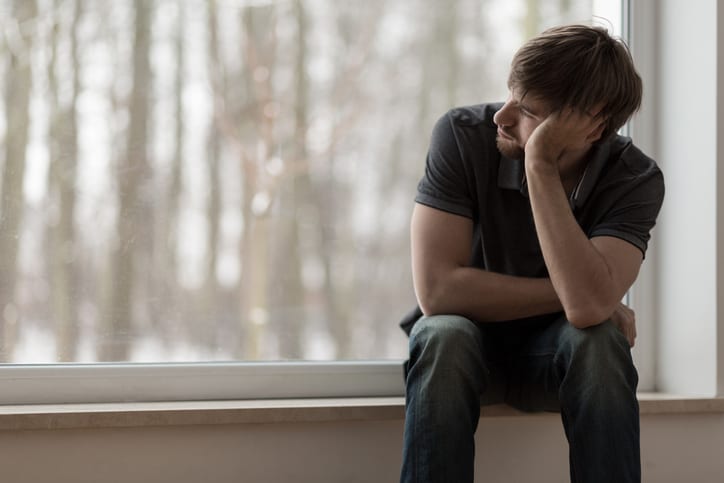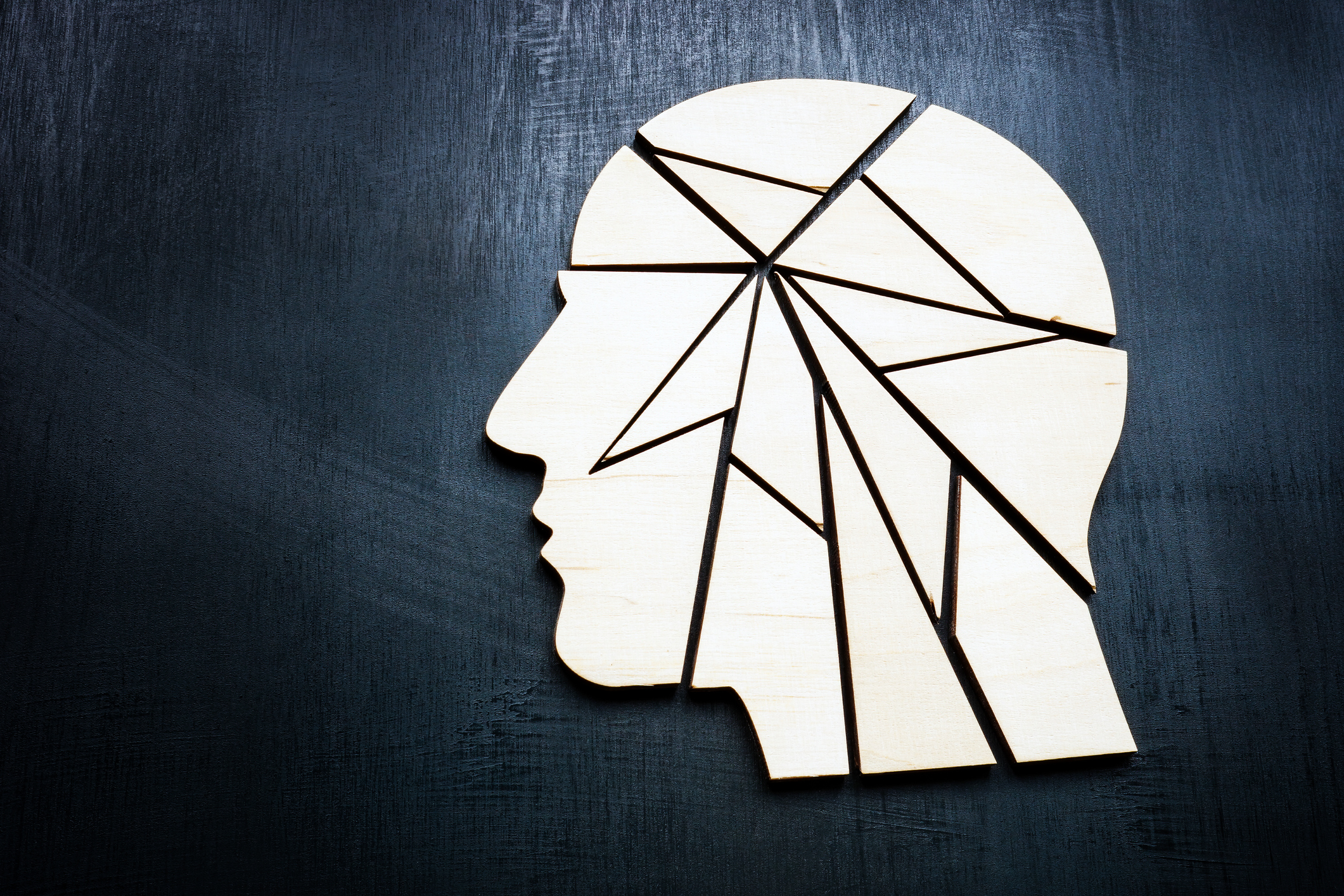Addressing Our Grief Over COVID-19

Needless to say, there has been major changes in our world in the past month. We are all going to adjust and come terms with COVID-19 at different times and different levels. For instance, do you look outside your window and still question why people are out? Do you question for yourself is it safe to go for a walk or to the store? Are your kids struggling with not going to a friend’s house? Do you struggle with feeling helpless at home? Or are you fearful of your future and health? Depending on where you live and who you live with, these questions can all be normal. We see each other reacting differently to our restrictions and can get frustrated or anxious when we are not all reacting the same. But can we react the same? Are we all the same people? The things we know to be true is that we are all living in an environment of uncertainty. We also know that we are asking to help each other by keeping distance and isolating when our instincts are to be together.
The reason we may be reacting differently is because we each are grieving for our life from a month ago and are grieving for what we know is to come ahead. Grief is a cycle that can help explain more than death but also of loss. First, we want to deny that COVID-19 won’t be that bad and that our lives won’t be affected long term. This stage is where a lot of society will react different. Some will deny fully, and some will fully embrace the news. This can cause friction amongst communities on how to handle the virus. Next, we will be angry. Angry about the people getting sick, the loss of lives, the loss or cutbacks in jobs, and we look to blame. We can also be angry to those still in denial. Then we may bargain, if I don’t get sick then I will help someone else who does, or if I bring you food will you stay home? Next, we become sadden by the state of our world and the people being affected. COVID-19 might affect us personally or in our community and we are upset this is happening. Finally, we accept that this is happening, and our lifestyle is changed. We become proactive to help from our homes and plan for the future. Now these stages do not have to be linear and you can go back and forward between a few. No human will grieve the same, therefore we are reacting different. So how do we support each other and make it through?
We need to remember we are all diverse beings, yet we are in this experience together and we need to provide grace to others and ourselves every day. We can hold our reaction in one hand while also acknowledging our peer’s reaction. If we differ, we communication, we learn, and maybe adapt new ways. For example, talk about how you’re angry and why, and try to gain hope from their support. Share successful ways to social distance and stay at home, so others can benefit. I know we all feel guilty complaining about our loss because others have lost more but give yourself a break when you are grieving because your loss still matters too. In the mist of grief, it is hard to see the other side, but gratefully there is the other side. We will get through COVID-19 and by maintaining our relationships and communities, we will be stronger.


